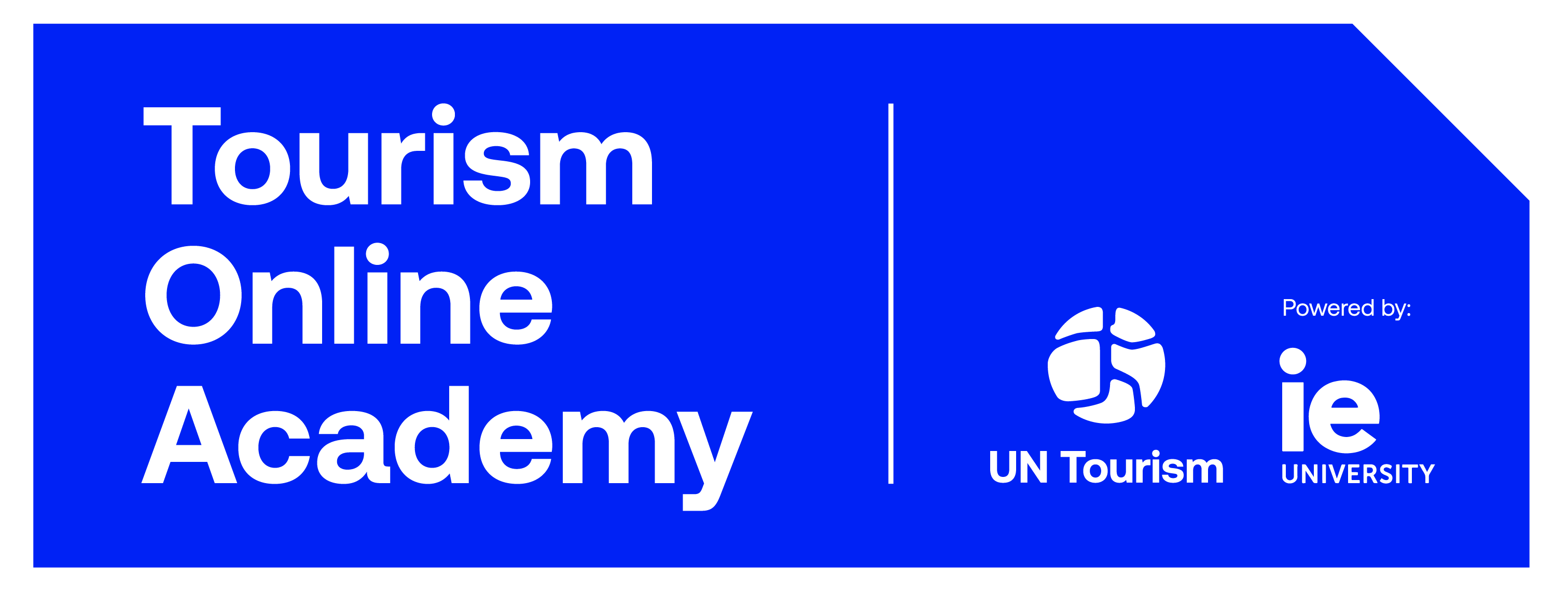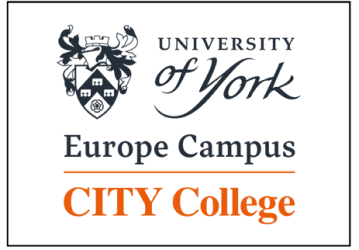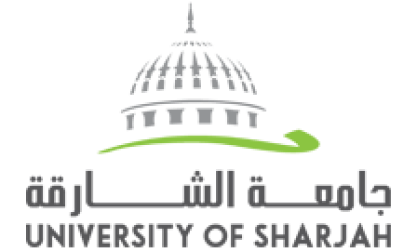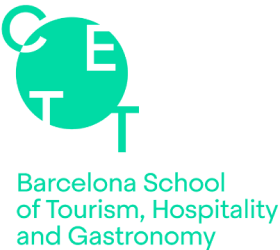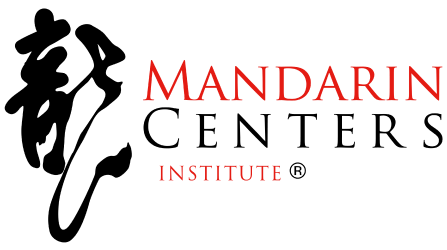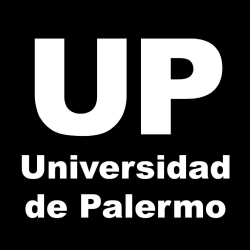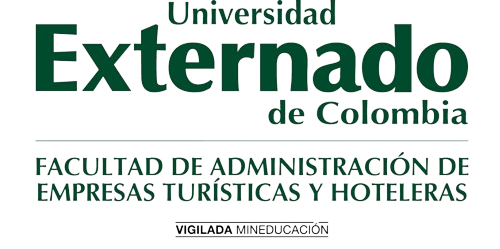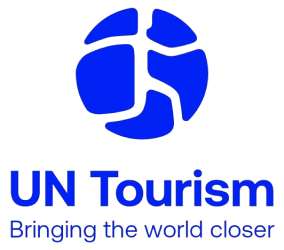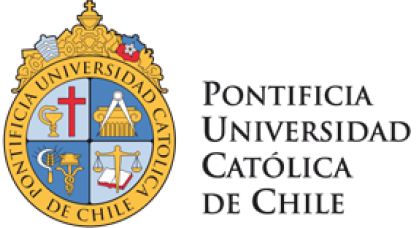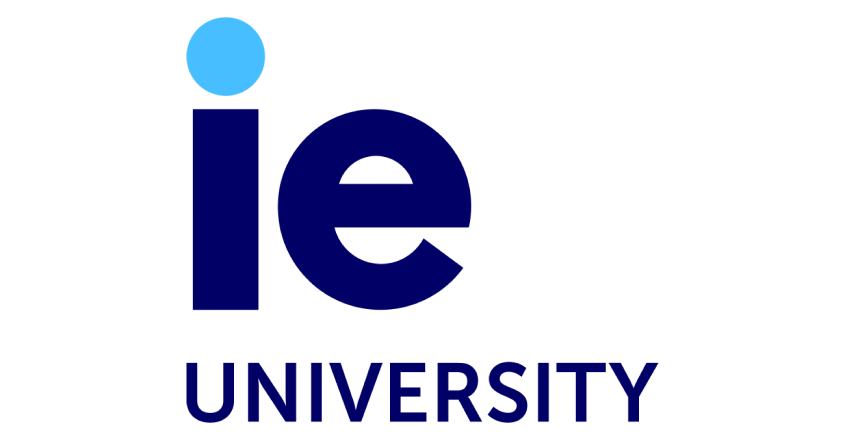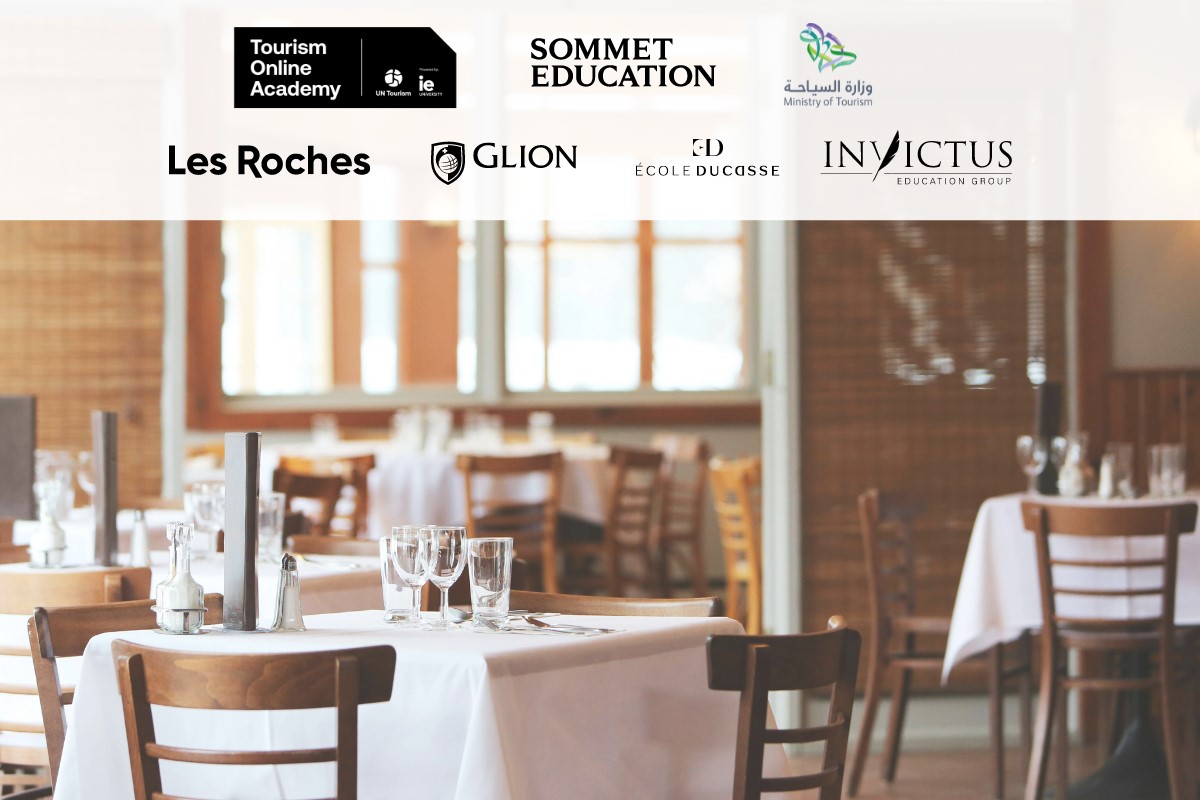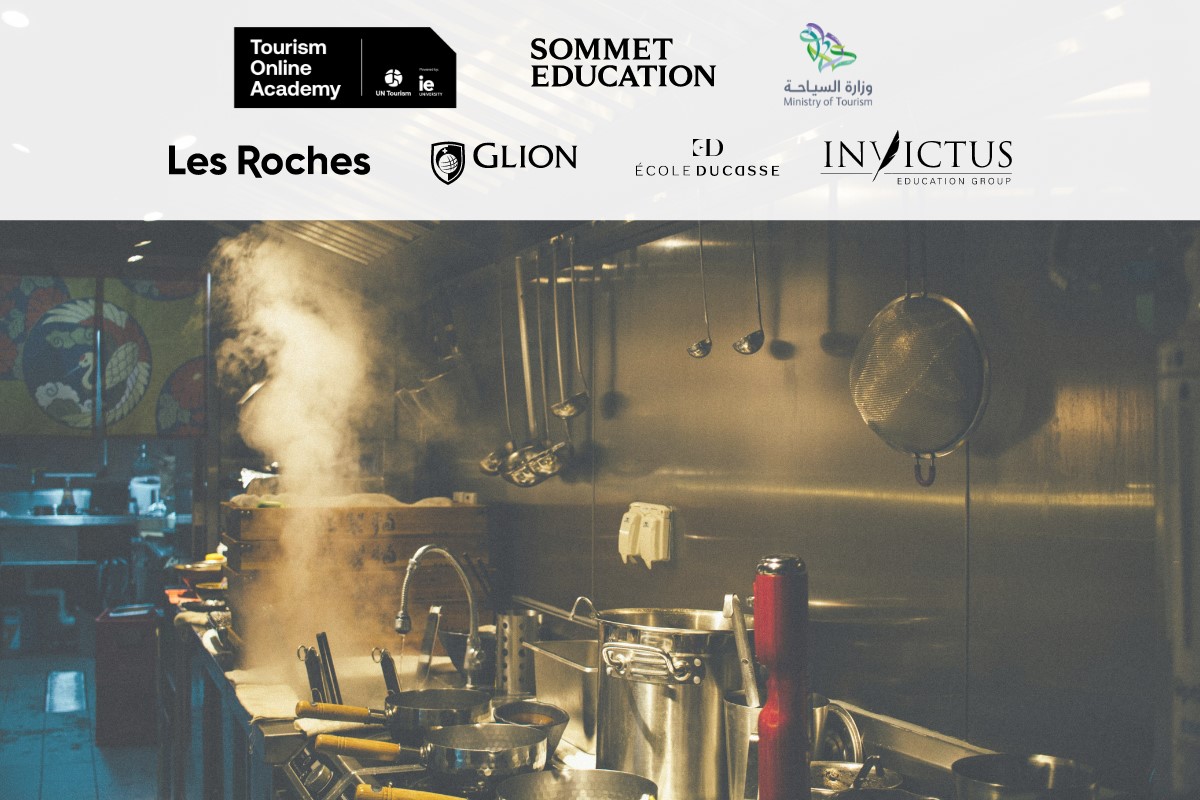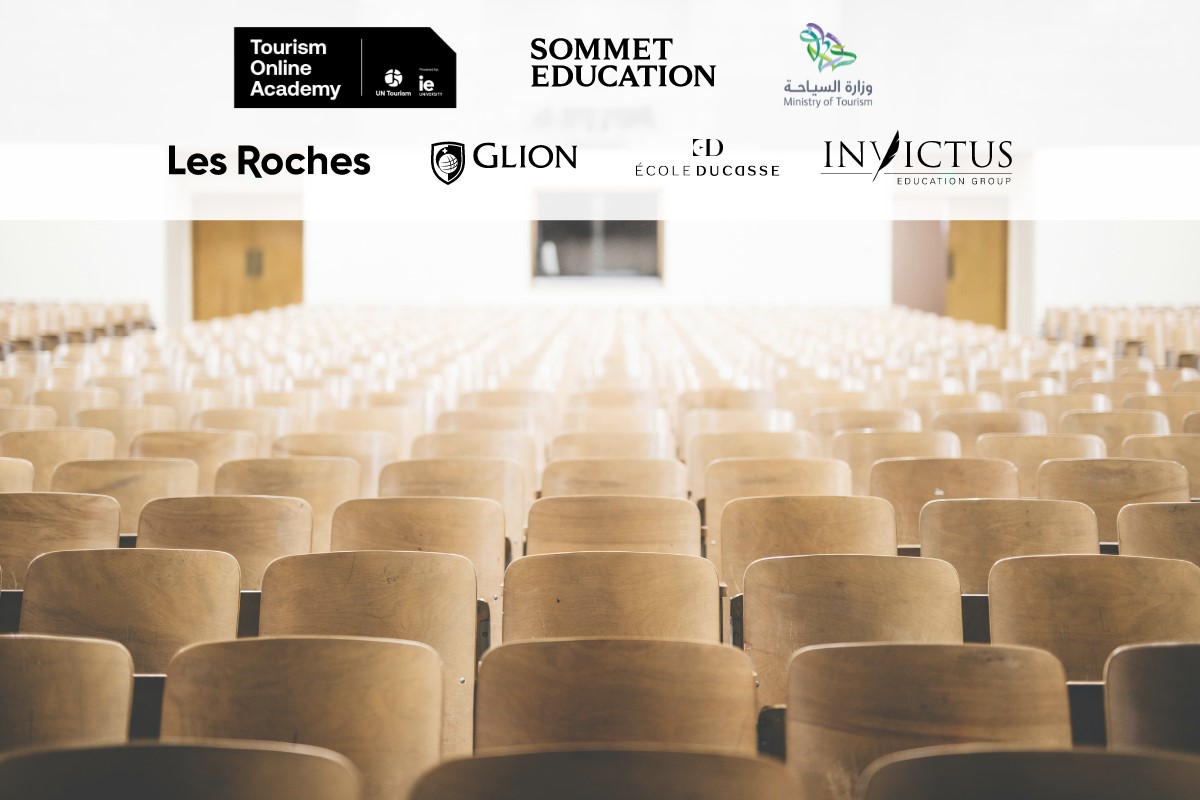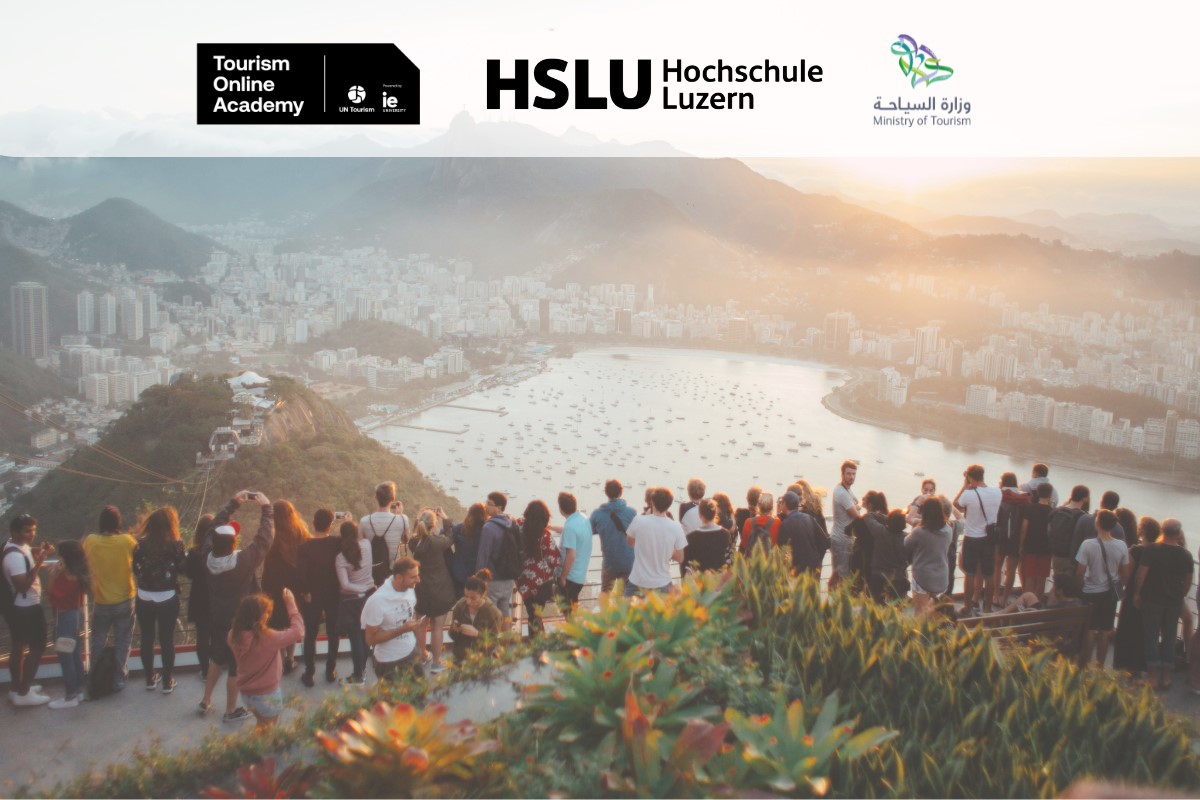New perspectives for tourism education
By Christine Böckelmann
On a global scale, tourism has a high economic significance: it accounts for 10% of all jobs and for many people’s income. At the same time, the tourism sector faces a major challenge: more and more people want to travel and explore foreign countries and cultures and they want to do so in a more sustainable way. Hand-in-hand with this, society is also demanding that the sector rethink its approach to sustainability. This is not only about the environment. It’s also about economic sustainability in the sense of the impact on local economic development, from which the tourism regions and countries benefit as a whole. It also relates to social sustainability in the sense of decent working conditions that provide employees in tourism businesses with a secure income.
For this holistic transformation, the tourism sector needs professionals with comprehensive skills not only in hospitality management, but also in economics, regional development, digitalisation and human resources development. It needs professionals who can keep an eye not just on one single company, but on an entire economic system, and who know how to use digitalisation for innovative business developments. This is especially challenging as the tourism sector is not a magnet for the top talent it so needs. On the one hand, a study from Poland has shown that more than half of those who have qualifications related to tourism (54.7%) are not currently working in jobs related to their studies. A large part of the investment in tourism education is therefore lost. On the other hand, due mainly to working conditions, many professionals stay in the sector only for a few years; when the opportunity arises, they migrate to other industries. This again turns skills development in the tourism sector into a challenge.
One effective way to attract and then retain top talent is to offer a high-level university degree with a top reputation. This requires a study programme that attracts young people thanks to its quality. It must also feature content that is relevant to Gen Z values, and offer a wide range of career options. Such a programme must provide comprehensive skills in sustainability (ecological, economic, social), high-level skills in digitalisation (tourism tech, digital dynamics and innovation), and high-level communication and social skills.
With the Bachelor of Science in International Sustainable Tourism, the World Tourism Organization (UNWTO) and the Lucerne University of Applied Sciences and Arts (HSLU) have jointly created such a study programme, the first of its kind. In addition to providing a holistic tourism education, the course also addresses current issues presented by companies, which students then work on together. This ensures that the programme is always aligned with the requirements of practice. Internships and opening doors to the UNWTO and HSLU networks enable students to gain closer ties to the sector. This lays the foundations for students to remain in tourism after graduation.
However, education alone cannot provide the required transformation. In addition to the new focus on holistic tourism development in education, it is also important that companies make an effort to offer young people jobs where a good work-life balance is possible, giving them “work tasks with purpose” as well as excellent career opportunities. Otherwise, despite all our best efforts, they will migrate again to other industries.
Christine Böckelmann
